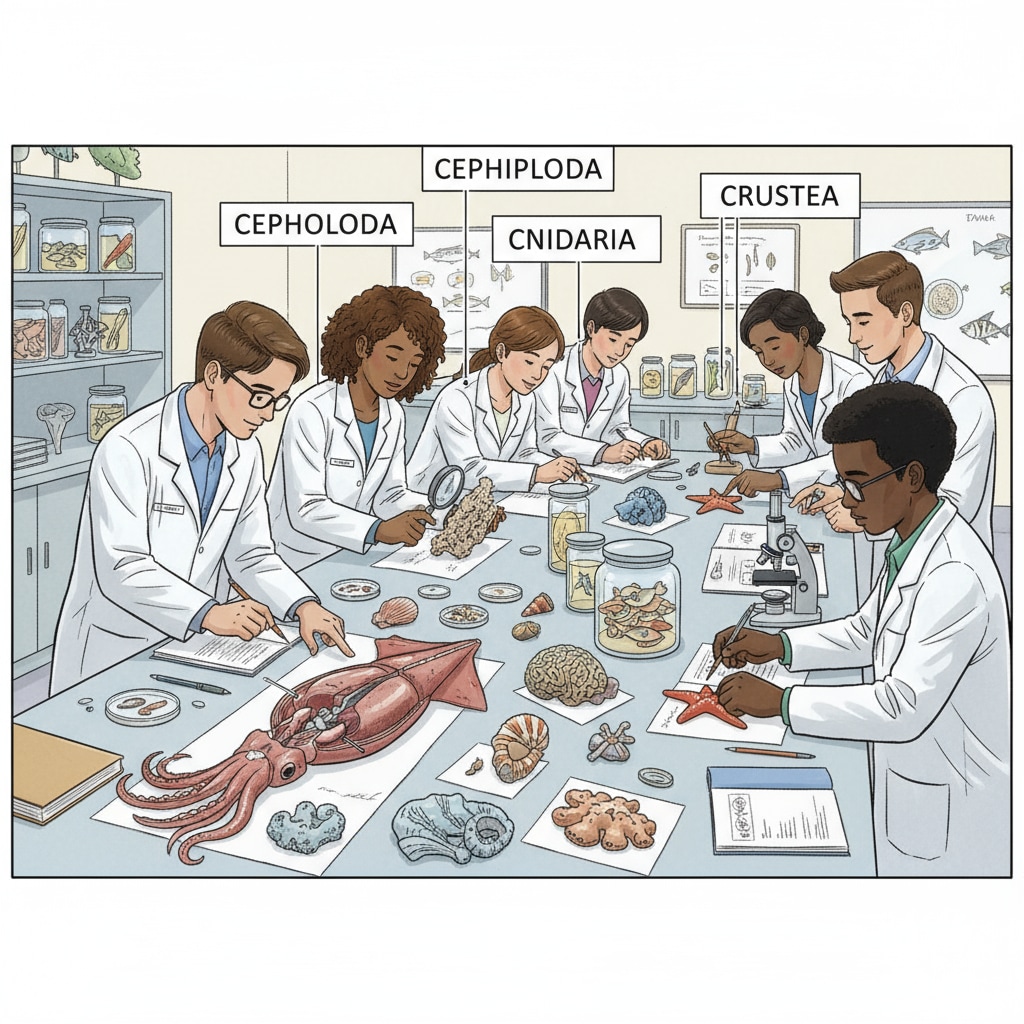For those with no background knowledge in science, the idea of pursuing science degrees in marine biology or environmental science might seem daunting. However, it is entirely feasible with the right approach. These fields offer a world of opportunities to explore the mysteries of the ocean and address pressing environmental issues.

Overcoming the Initial Hurdles
One of the first challenges for students with no science background is the knowledge gap. Marine biology and environmental science require a foundation in basic scientific concepts such as biology, chemistry, and physics. However, this doesn’t mean it’s impossible to catch up. Many universities offer introductory courses designed specifically for students with little to no prior science experience. These courses provide a gentle introduction to the fundamental principles, allowing students to build a solid base. For example, introductory biology courses cover topics like cell structure, genetics, and ecosystems. Marine biology on Wikipedia offers a wealth of information on the basics of this field.

Effective Learning Strategies
In addition to taking introductory courses, adopting effective learning strategies is crucial. One such strategy is to break down complex concepts into smaller, more manageable parts. For instance, when studying the ecological relationships in marine biology, focus on understanding individual species interactions before moving on to the larger ecosystem dynamics. Another important aspect is to actively engage in hands-on learning experiences. Many programs offer field trips to coastal areas, wetlands, or environmental research stations. These opportunities allow students to observe real-world phenomena, collect data, and gain practical skills. As a result, students can better understand the theoretical concepts they learn in the classroom. Environmental science on Britannica provides in-depth knowledge that can enhance learning.
Furthermore, forming study groups with fellow students can be highly beneficial. By discussing difficult topics, sharing notes, and explaining concepts to each other, students can reinforce their learning and gain different perspectives. Additionally, seeking help from professors and teaching assistants is essential. They are there to support students and can provide additional resources or clarify any misunderstandings.
Readability guidance: As seen above, we use short paragraphs to present information clearly. We also list out different learning strategies to make it easier for readers to follow. The use of transition words like “however”, “for example”, and “additionally” helps in guiding the flow of the content.


